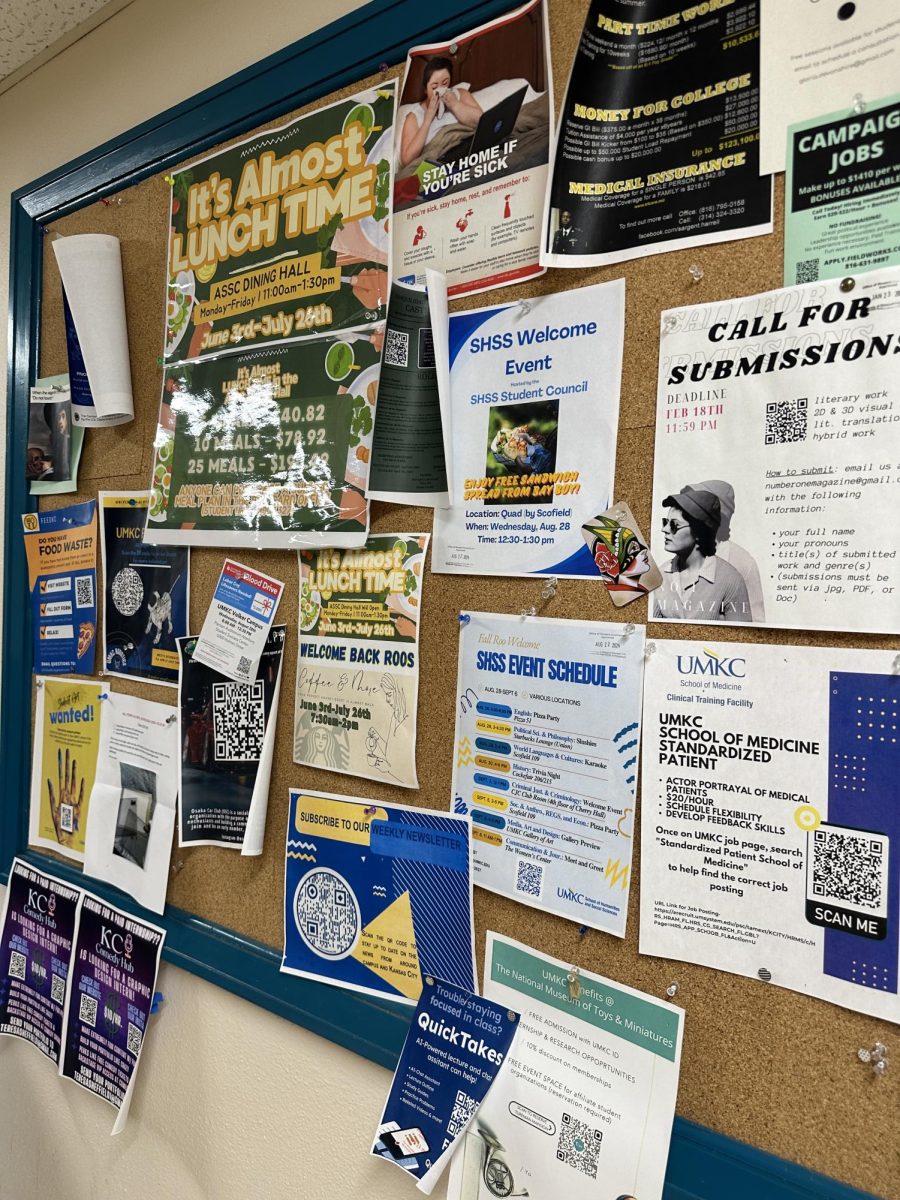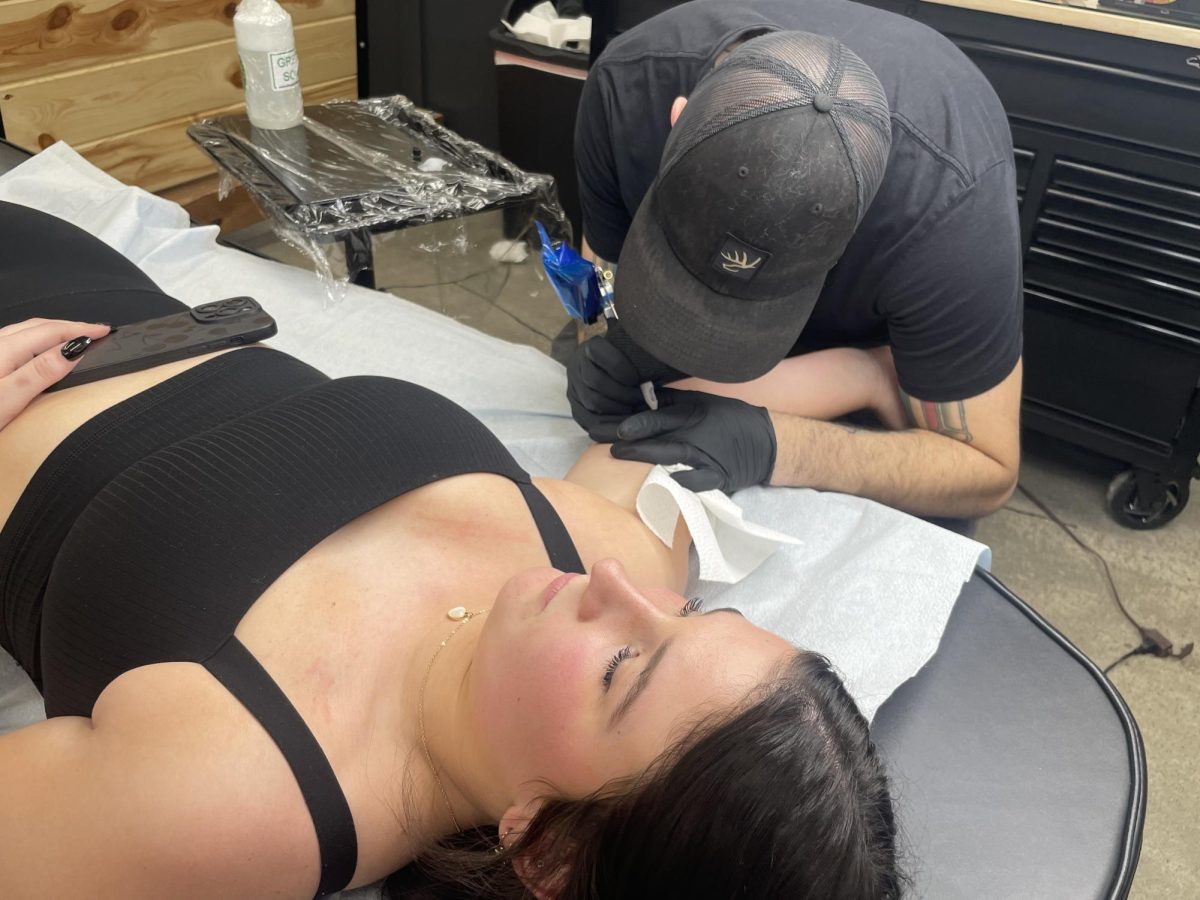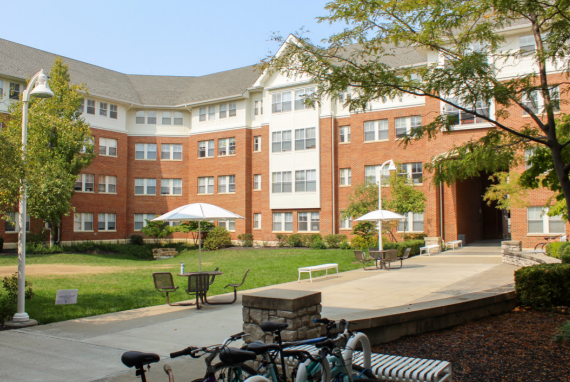Arguing can be messy. Most people probably argue with their family or friends, but few of these arguments wind up on national television.
The common sources of these national arguments are political candidates in primary races, who frequently clash on the various debate stages across the country. These debates have become a core part of the nomination process and have helped shape races of the past into what they are now.
Throughout the 2020 Democratic primary, 10 of these debates have already been held, with a few left to go. The latest one was held in South Carolina, and immediately it proved to be a disorderly yelling match that highlighted the current flaws in the primary debate system.
There is not a flaw in the idea of an inter-party primary debate. It is important to see the candidates square off against one another to draw needed contrast while facing tough questions themselves.
It is the execution of the debate process that is at fault. Changes need to occur so that the debates can once again become a useful forum for both candidates and voters.
The first problem with the debates for both parties is that major media networks sponsor and host them. Because of this, the informational value of the debates has been undermined. This is because the media machine around the debates has led to perverse incentives, which is why the debates have become nothing more than a network cash cow where candidates are only able to speak in snappy slogans.
Candidates are pushed into unproductive conflict with one another in an effort for greater ratings, causing party infighting that leads to needless political volatility. Gone is the ability to properly engage in important issues thoughtfully.
These networks shouldn’t be the sponsors of the debates nor should they be running them. The parties themselves should be running the debates instead of ceding control over to the networks. That doesn’t mean that the networks couldn’t broadcast them, but they won’t be the ones running it. If that doesn’t work with the networks, the debates could always be held on C-Span. All of that might undermine the entertainment value of the debates, but important political events shouldn’t be treated like a reality show in the first place.
The debates should also be moderated by on-the-ground experts and beat reporters with specialized knowledge. This would allow for clearer questions that foster a better debate. With the current format, many questions are either too stilted, too broad or just not relevant to the election.
In every debate, almost an hour is spent on health care. This is an important issue, but every debate asks the same type of questions, which only leads to the same types of arguments.
It would be more useful if the debates spent more time covering other topics like climate change or foreign policy. These two topics are important, with one being a world crisis and the other being where most of the power of the president is held. For example, instead of asking about a candidate’s life motto, it might be more worthwhile to hear if candidates are for or against the military’s use of landmines in areas outside of the Korean Military Demarcation Line.
To better engage in these questions, candidates should also be given more time to speak. It is crazy to think anyone can come up with clear answers within one minute. These debates would be better if the time was given to allow for a more slow-paced conversation, where candidates can reflect on their answers instead of being forced to act like an auctioneer while battling moderators for an extra few seconds.
At the end of the day, these debates aren’t supposed to be a WWE match. They are held to allow voters to learn more about the candidates and for the candidates to engage with or against each other on issues.
These debates shouldn’t be a money-making free for all because that doesn’t help the country, the parties, the candidates, and most importantly, the voters.
bmh6dw@mail.umkc.edu








